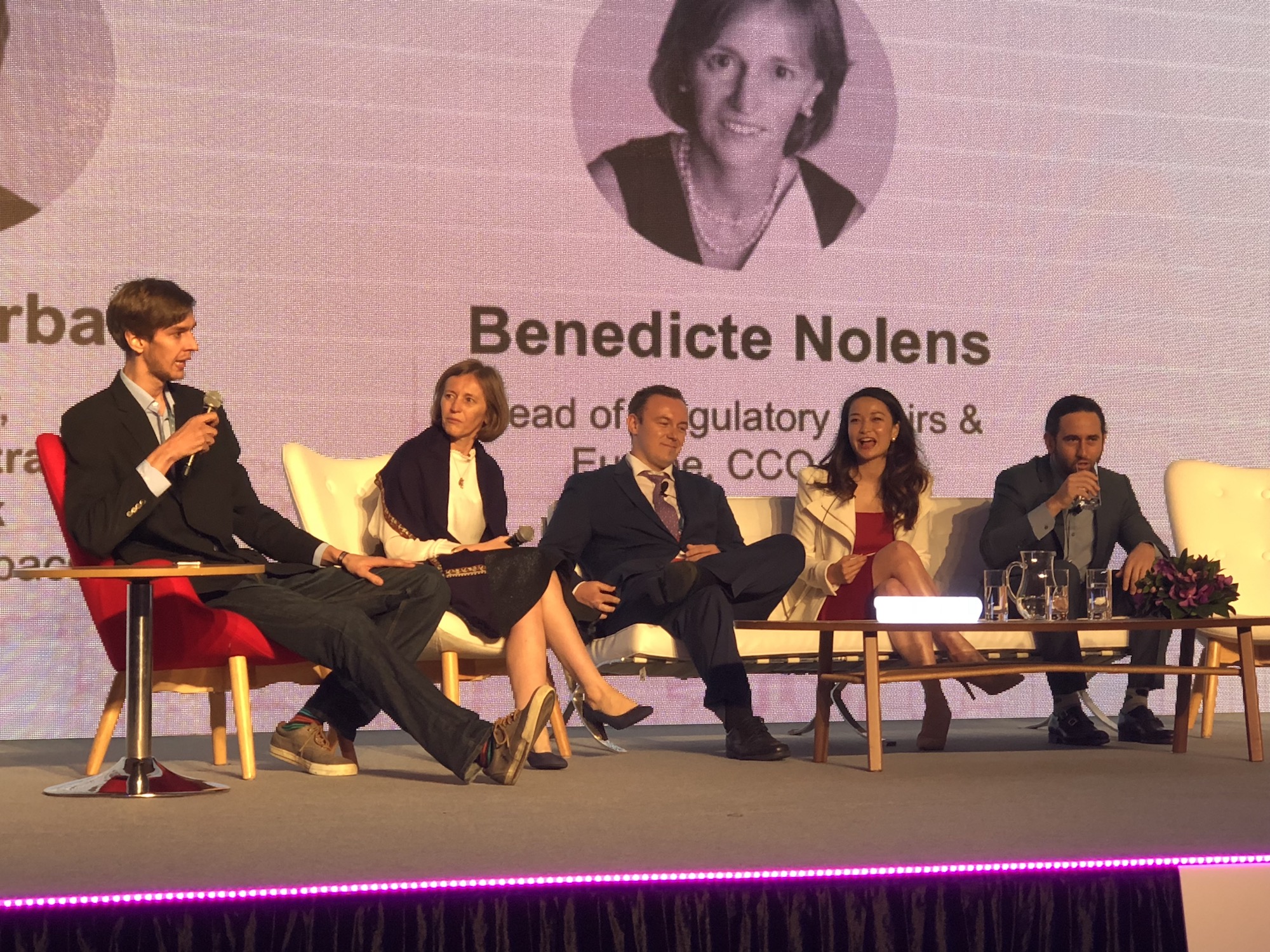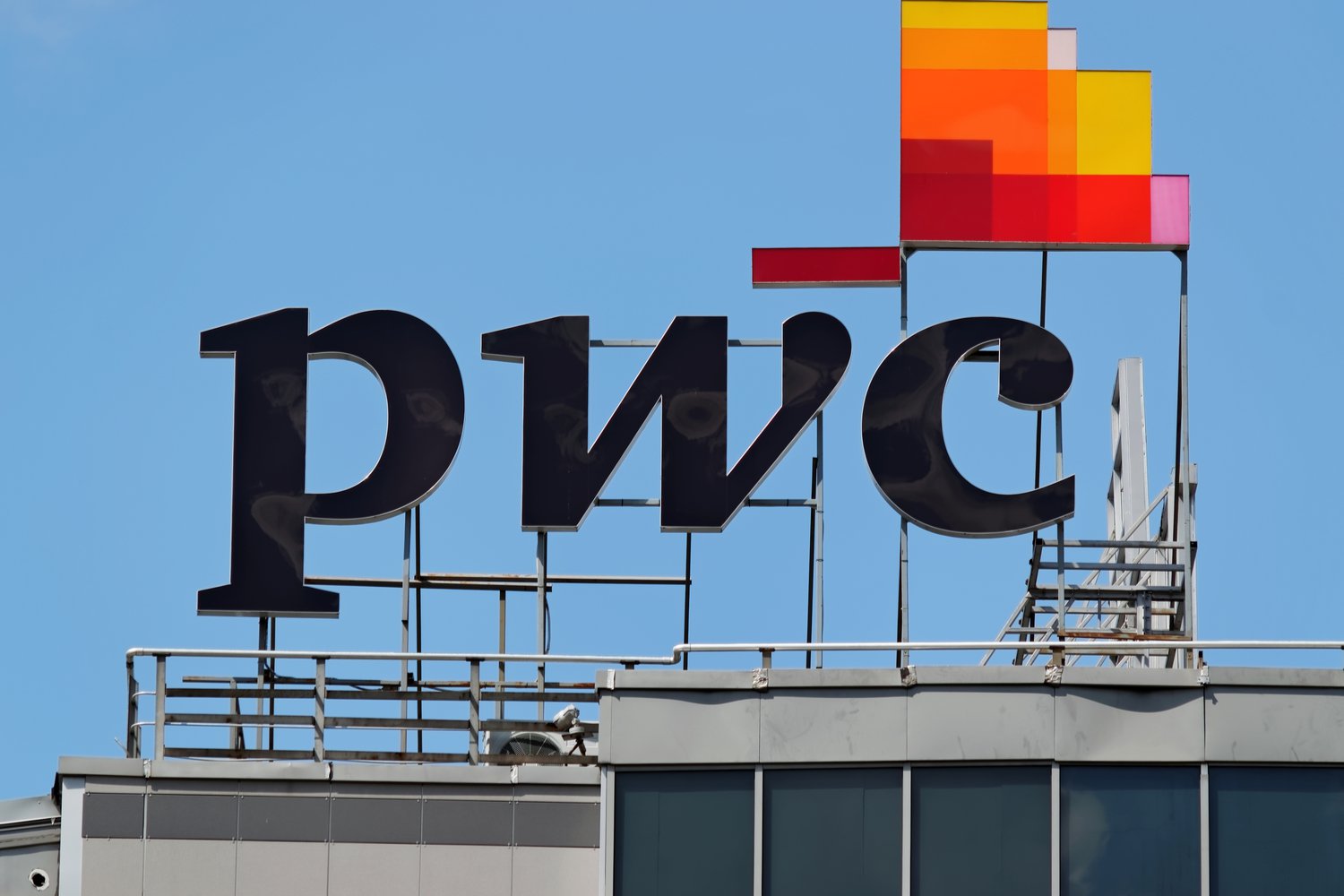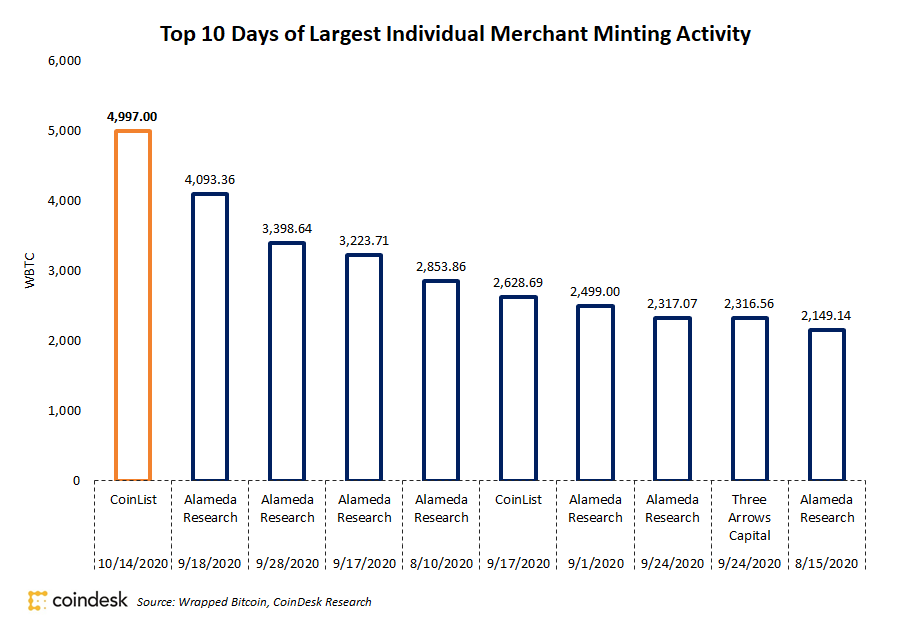Amazon Wins Patent for Proof-of-Work Cryptographic System

Tech giant Amazon has been granted a patent for various techniques to build a proof-of-work (PoW) cryptographic system similar to those used by blockchains such as bitcoin.
First filed in December 2016 and awarded Tuesday by the U.S. Patent and Trademark Office (USPTO), the patent outlines how Merkle trees can be generated as a solution to a proof-of-work challenge, among other benefits.
A Merkle tree structure allows for verification of data sent between computers, and on peer-to-peer networks such as blockchains is used to ensure blocks are not falsified. The concept dates back to 1979.
PoW, on the other hand, is an algorithm that is used to protect networks by asking a service participant to do “work” – often involving using computer processing power to solve complex mathematical puzzles. The bitcoin blockchain network, for instance, uses a PoW algorithm with the work done by miners.
In this case, Amazon says, the Merkle tree creation is the work demanded by the algorithm.
The patent explains:
“A proof-of-work system where a first party (e.g., a client computer system) may request access to a computing resource. A second party (e.g., a service provider) may determine a challenge that may be provided to the first party. A valid solution to the challenge may be generated and provided for the request to be fulfilled.”
“The challenge may include a message and a seed, such that the seed may be used at least in part to cryptographically derive information that may be used to generate a solution to the challenge. A hash tree [or Merkle tree] may be generated as of generating the solution,” it adds.
PoW could also help prevent denial-of-service (DoS) and distributed denial-of-service (DDoS) attacks that frequently hit computer networks, Amazon says, explaining:
“Requiring a valid proof-of-work may mitigate a DOS or DDOS attack by causing the participants of the DOS or DDOS attack to generate a valid proof-of-work solution, which may require the use of computational resources on the attacking systems and dramatically reduce the rate at which entities participating in the attack may send requests.”
Elsewhere, the patent also mentions “cryptographic key,” “digital signature” and “public signing key,” among other concepts related to blockchain and cryptocurrencies. The patent does not directly discuss blockchains or cryptocurrencies, however.
While a much talked about Amazon cryptocurrency has so far remained elusive, the e-commerce giant has been moving further into the blockchain space. Earlier this month, its cloud computing arm, Amazon Web Services (AWS), launched its Managed Blockchain service for wider use among enterprise clients. The service currently supports open-source framework Hyperledger Fabric, while the support for the ethereum network is still in the works and is expected to be made available later this year.
Amazon image via Shutterstock










